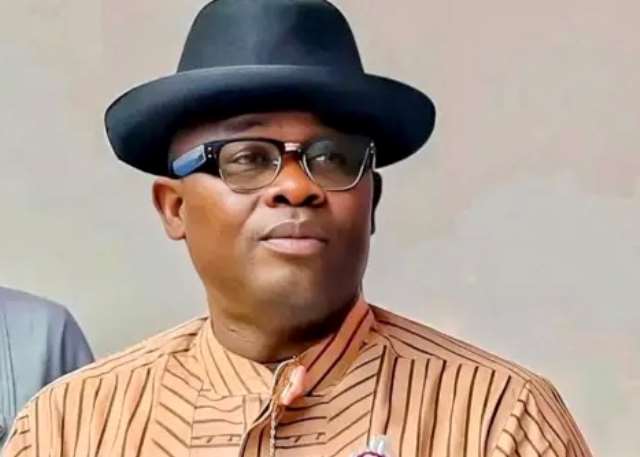The Minister of Power, Dr. Adebayo Adelabu, said Nigerians spent N16.5 trillion in 2023 on buying diesel, petrol, and generators for their own electricity generation.
According to Adelabu, the money spent on purchasing diesel and petrol for their generators dwarfs the N1 trillion in revenue earned by the formal power sector in the same year.
The minister, who spoke at the ongoing 2024 Nigerian Oil and Gas Conference on Tuesday in Abuja, highlighted the huge gap between spending on inefficient personal power generation and the revenue of the national grid.
He said: “If you know how much our people spend buying diesel, petrol, generators, and servicing them in a year, the last study we had in 2023 found that a total of N16.5tn was spent on this in self-power generation. Even a number of the industries are off the grid.
“They now have captive power between their environments with gas-powered generators.
“So spending in this sector out of the grid is close to N20tn. And let me blow your mind: the revenue for the entire industry, the grid—I mean, the formal power sector was just N1tn for 2023; that goes to the generation companies, transmission company and the distribution companies.
“Just N1tn formal revenue. But the informal spendings on generators, diesel, and petrol was close to N20tn.”
Adelabu emphasized the economic benefits of connecting to the grid, stating that grid-generated electricity is significantly cheaper than generator-powered alternatives.
He added: “As of the last study, Band A customers are enjoying uninterrupted supply and pay N206. For the companies that have their captive power using gas, they pay about N290/kwh.
“For those that are using petrol generators, it is about N450 per kilowatt-hour. And for those using diesel to power their generators, it is upwards of N900. So it is still the cheapest, most efficient, and least cost for our productive activities.”
The minister also addressed the crucial role of natural gas in Nigeria’s power sector. Gas currently supplies about 60% of the nation’s domestic gas and is essential for achieving the country’s ambitious energy plan.
“This plan aims for 30 gigawatts (GW) of power generation by 2030, with 70% from gas and 30% from renewables,” the minister highlighted.
























Leave a comment